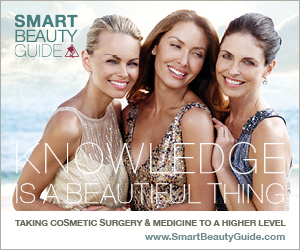Written by Nancy Weinberg Simon
I was once on the cover of a national magazine. It was in the early days of Photoshop and the magazine I was working for at the time didn’t like the way the celebrity looked in her cover images so the creative director took a photo of me, put the celebrity’s head on my body and voila, problem solved. Except it created a whole slew of new problems. The celebrity and the photographer were insulted, we got numerous calls from media outlets with strict instructions from our own higher-ups not to discuss this matter with anyone and the images ended up on a celebrity news show anyway.
I too was less than delighted. If I’d wanted to work in front of the camera, I wouldn’t have chosen to be working so hard behind the scenes. This was way before social media and the current situation we have where virtually everyone is more than willing to put themselves out there and be the director and star of their own social network. Social media is like The Truman Show come to life, except “the stars of the show” (almost all of us!) are doing the documenting. Though it happens in the more “mature” generations too — hey, I’m not so willing to put an unflattering shot of myself out there — millennials in particular are even more affected by this phenomena. It might be due to the fact that they’re the first generation that has been able to capture every moment for immediate sharing. Unfortunately this constant keeping up with social media or fall behind in the social circle has a bigger downside than just lots of wasted, unproductive time and a lack of in-person social skills. There has also been a huge upswing in plastic surgery requests as a result of how people want to present themselves on their social media accounts. When they’re posting and instagramming and snapchatting they feel they must look their absolute best doing it…and photo-shop just isn’t cutting it for many.
Because social media centers around photos and video, and the atmosphere of the entire social media world is therefore extremely visual, these sites have become a driving force behind aesthetic cosmetic procedures like rhinoplasty, otoplasty, Botox and fillers. People scrutinize their own photos looking for perceived flaws. Selfies force them to be way more self-critical than they ever would have been and it can make them feel less confident about their looks so they’re more willing to go under the knife or get an injection to change that.
If someone is really unhappy with their looks, they need to ask themselves why they feel that way and consult with a board-certified plastic surgeon like Dr. Laura Randolph that can help them decide if plastic surgery or any aesthetic procedure is the right choice for them. In certain circumstances, the surgeon might actually refer them to a psychiatrist because the patient might have perceived flaws that aren’t there, or extremely unrealistic expectations. In addition, not all patients are good candidates for the procedure(s) they seek. This is why board-certified plastic surgeons are trained to determine which procedures will best suit a particular patient’s needs, or advise them not to go under the knife if they feel it is truly unnecessary and won’t produce a satisfactory result for anyone involved.

